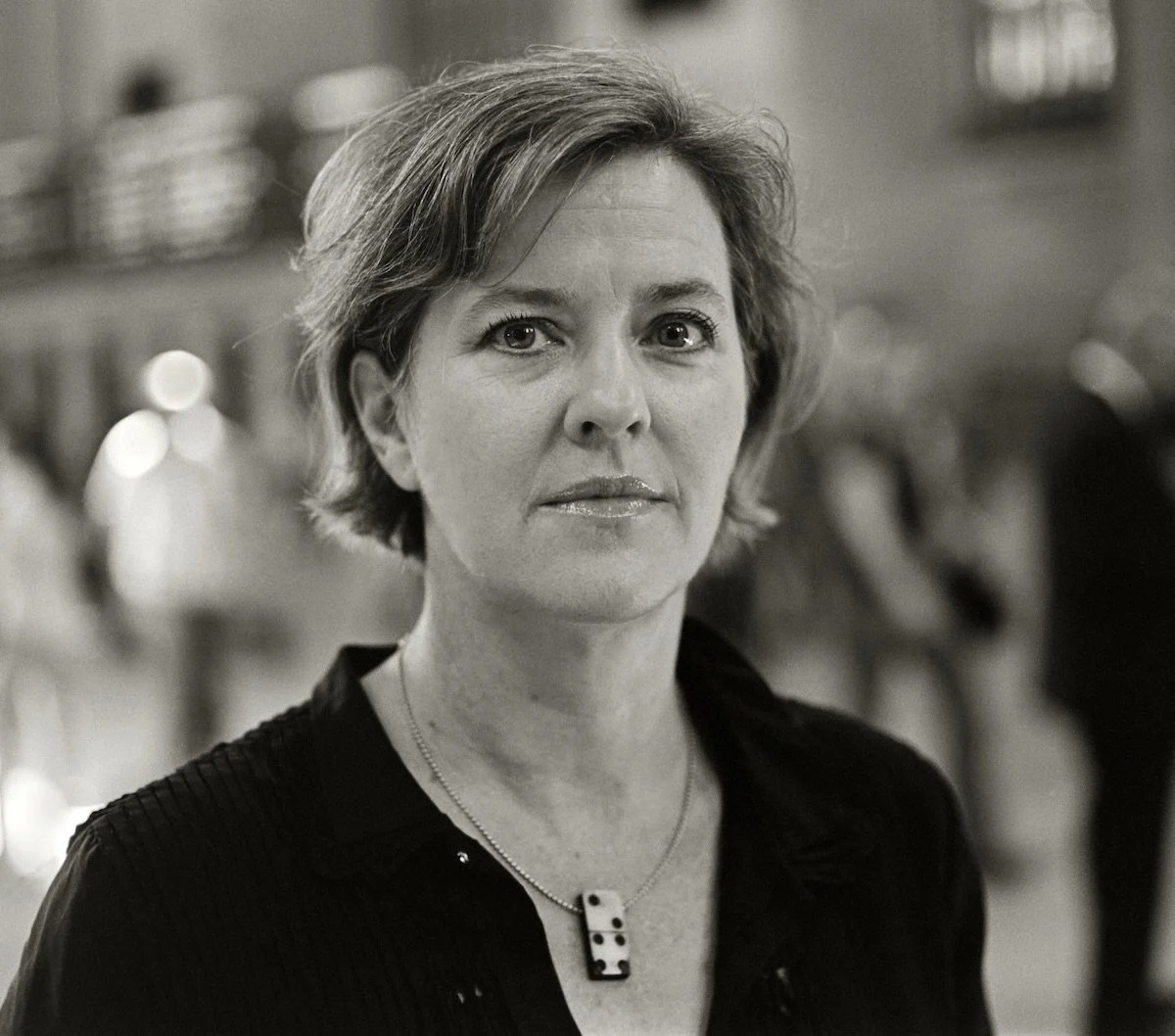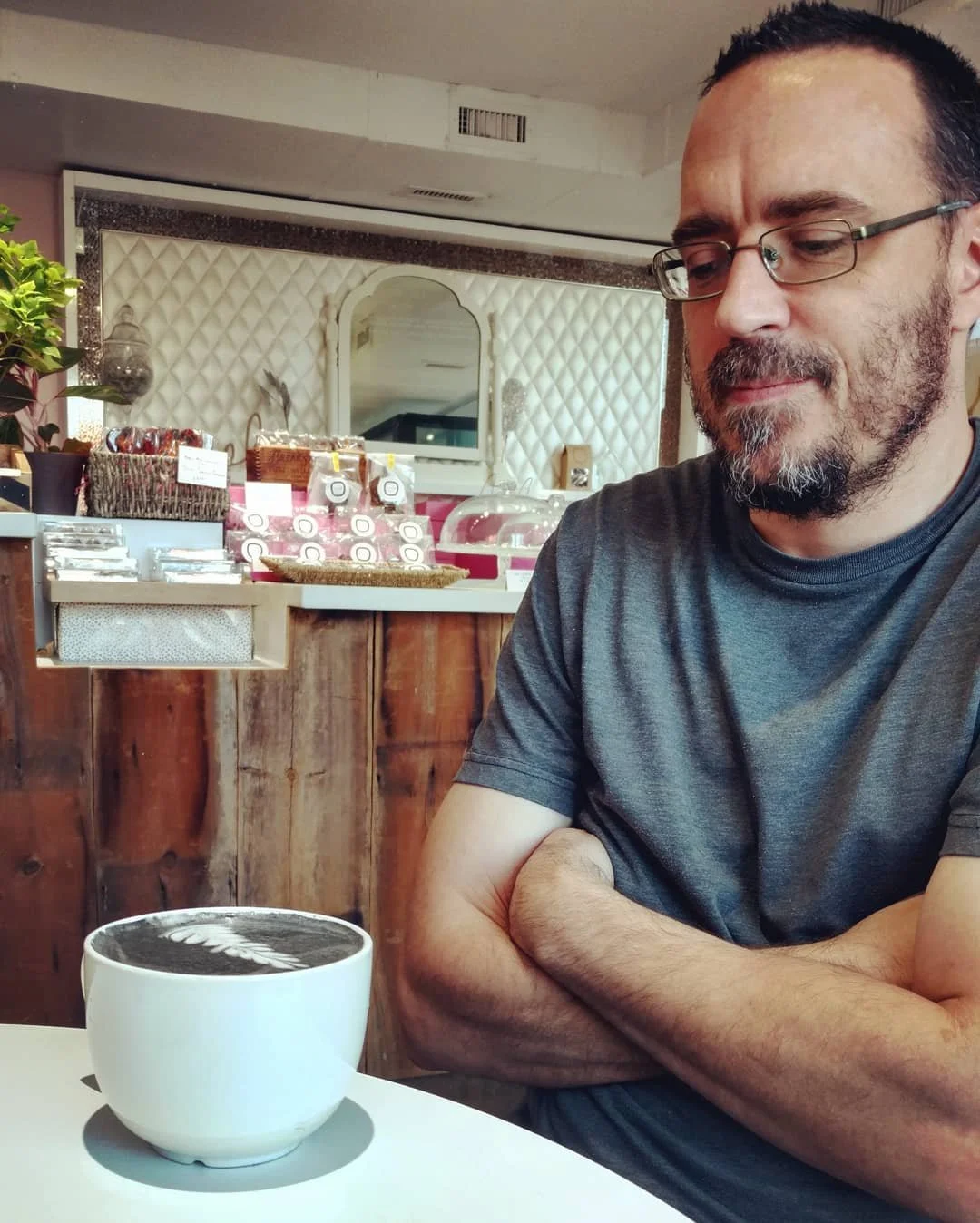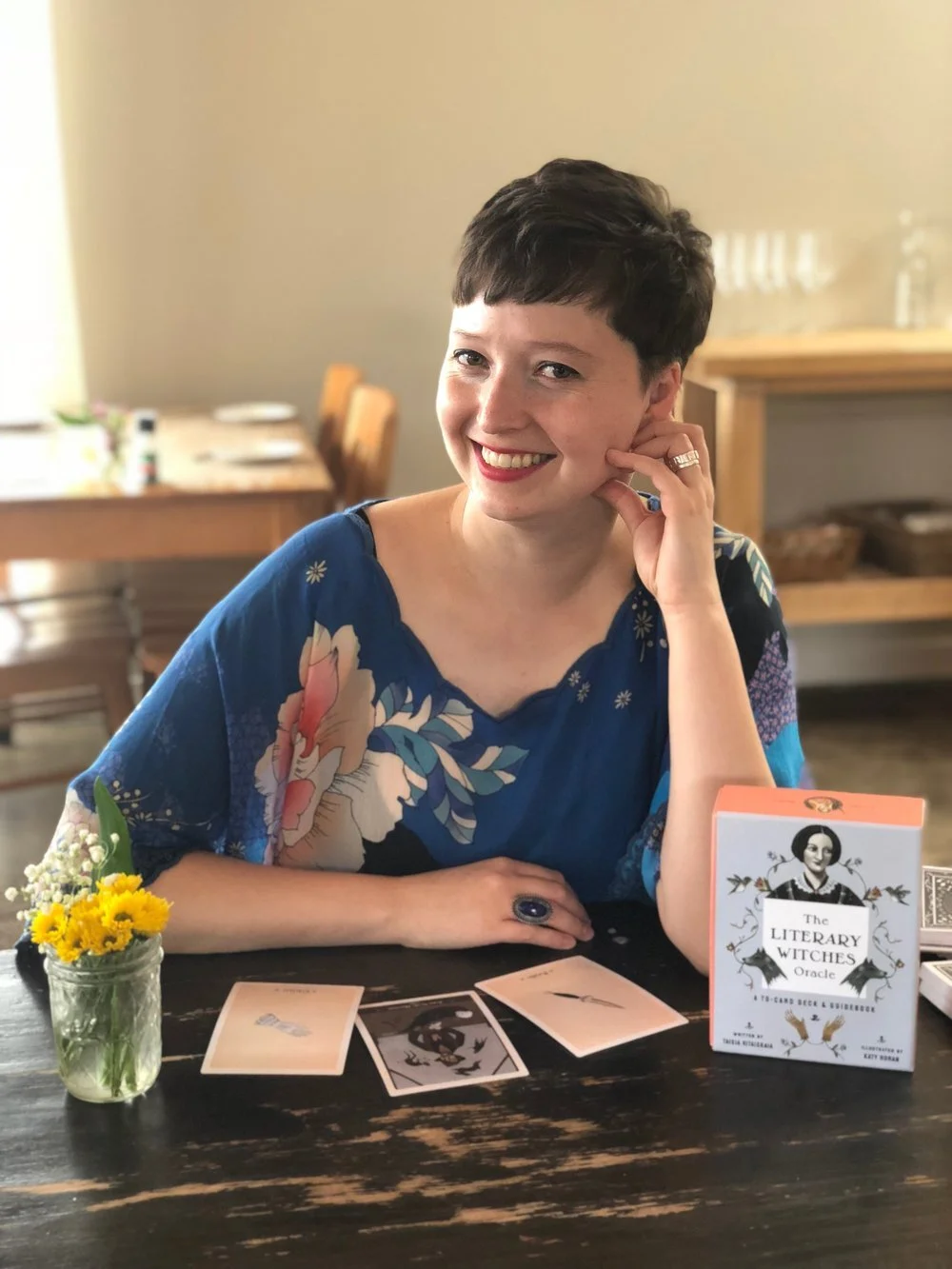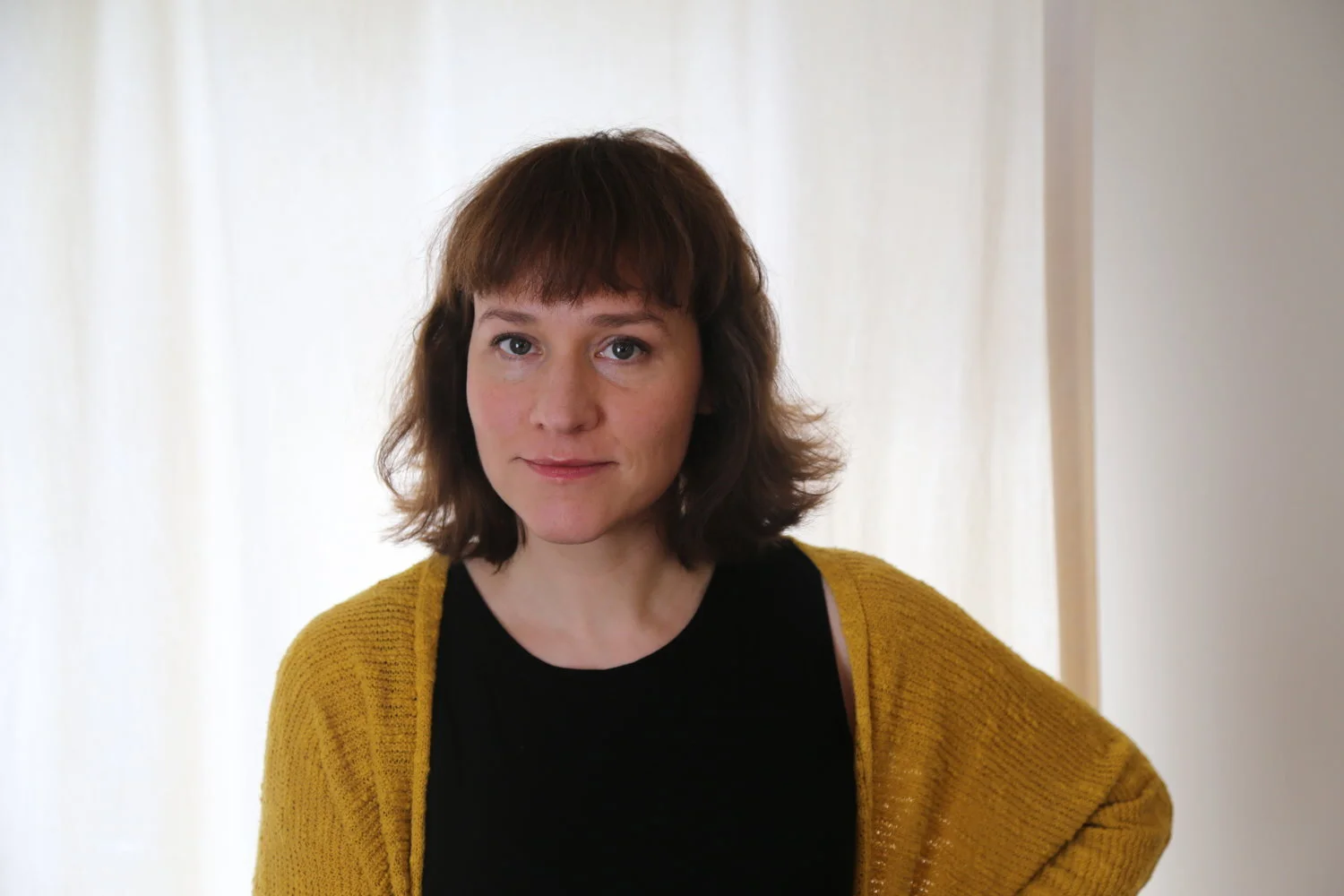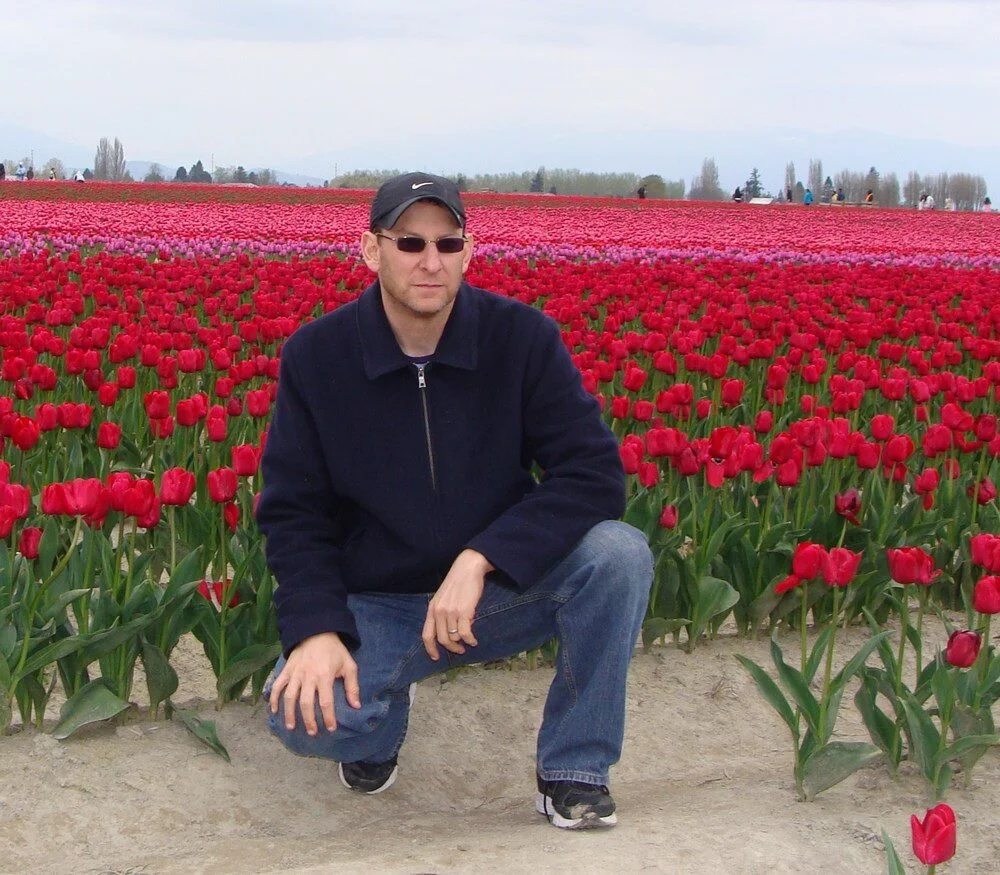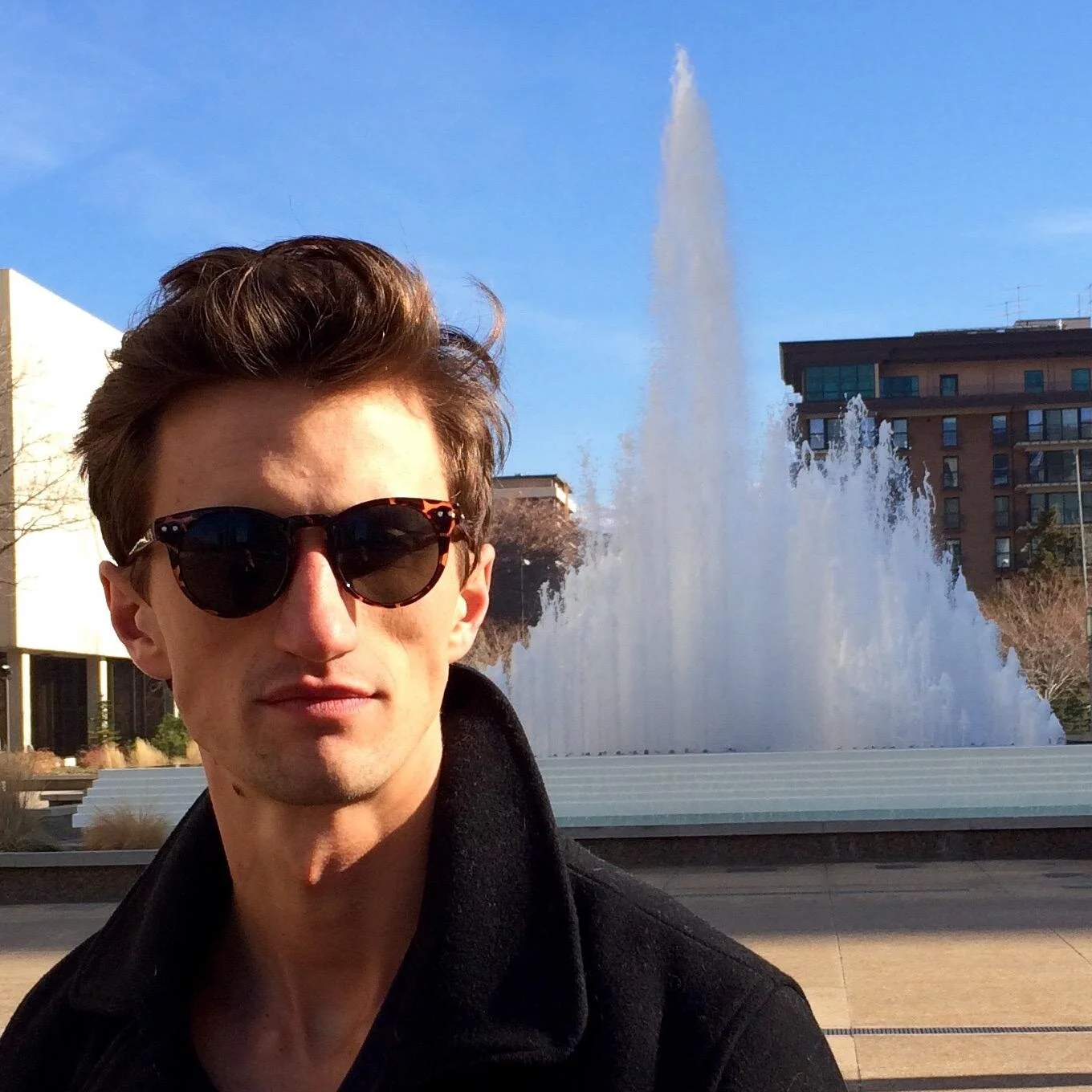I don’t answer my phone if I don’t recognize the number. It’s almost always a robocall or a scam. So you must understand my surprise when I pressed play on a new voicemail and heard Mary Ruefle’s voice.
Mary Ruefle is the author of the new collection Dunce (Wave Books) which was recently longlisted for the National Book Award. Ruefle is also the author of another ten collections of poetry, two collections of prose, two books of erasure, a collection of essays/lectures, a comic, and more. Her observant, humorous, tender, heartbreaking, atmospheric writing is the kind of writing to have in your backpack (just in case) at all times. A podcast on a lunch break, a lecture after dinner.
While most of my interviews have been done via email, this one was conducted over the phone, with Ruefle in her place in Bennington, Vermont. Here, she talks marginalia, haiku, writing prompts, unplugging, a fake journal, creative block, and so much more.
First off, I wanted to congratulate you on being longlisted for the National Book Award for Dunce!
To be frank, I don't really understand this longlist. I don't even know why they bother. The long list becomes a short list. I still have to vacuum.
I found a quote of yours where you said that your Selected Poems was the first time picking and choosing poems, that prior you just compiled what you had, and that Trances of the Blast was your first collection where you were ruthlessly selective. Did you find a similar process of selection for Dunce?
Yes, absolutely. I like the selectivity. You have to be selective if you're doing a Selected Poems, obviously. That's a case unto itself, but I like the way I'm working now. I also have the help of a wonderful editor and I never had that before.
You've said before that a really well done short poem is even more difficult than a book-length poem (if pulled off properly) and throughout your new collection you dance with brevity. Do you find that your poems have been shrinking over time?
I'm obsessed with haiku. I love haiku. I write haiku and no one's interested in haiku, of course. I find them the most difficult thing in the world. I stand by that. But there aren't any haiku in Dunce!
Brevity? I have not noticed that, have you noticed that? I have not.
In particular, your poem in Dunce where the title is almost as long as the actual poem.
Well that long title, of course, is in homage to the great long Chinese titles. If you take a look at some of the Chinese titles, they can be twelve lines long. They're wonderful. Like 'Poem Composed in the Middle of an August Afternoon While I Was Climbing a Mountain Above the Yellow River and My Friend Wang Turned to Me and Pointed at a Butterfly.' They're wonderful. I love them. Since that poem that you cite refers to Chinese poetry, I gave it that long title.
via My Private Property (2016)
When I interviewed Dean Young late last year, I asked him about your poem in his book called "A Poem by Dean Young" and he said, "I flatter myself for feeling that there is a strong affinity between our poems. I hope there is as I’m certain that she is a truly great poet so maybe a little sparkledust flakes off on my poems." When I asked him about whether that voice/switch would throw off the reader, he replied, "Honestly, worrying about throwing off a reader isn’t a high anxiety for me. It’s more an acceptance." I'd love for you to speak on this collaboration if you could.
That's a terribly, terribly sweet thing for Dean to say.
I can speak on the collaboration or I can speak on his remark. I would totally agree that throwing off the reader is not a concern that has ever entered my mind. I would agree with him on that. I would differ with him in saying that it is never my intention to do so. I don't think about it and it's not my intention, if that's what he means by 'acceptance'. I can't be sure what he means by that words. To be honest, I don't really think about the reader when I'm writing. If I did, it would stop me from writing.
As far as our collaboration, Dean and I came up with the idea and we loved it and we went with it. It was a lot of fun to do. It was like trying to channel him. I don't really remember. I loved the project, I love that we did it.
In an interview with David Naimon, you very briefly mentioned framed marginalia in your home. Can you speak on this framed piece? Can you tell me its origin story? Zachary Schomburg recently posted two of your poems from Dunce full to the brim with marginalia and it made me think of it.
He wrote marginalia on my pieces? I love marginalia in old books. I collect old books often only for the marginalia. Some of them, scraps of marginalia, I use in erasures.
I'm in my study and I'm looking at the marginalia in question framed on the wall. I found it in a book. It's the end of the 25th canto of Dante's Purgatorio. There are four lines from the canto, three footnotes, and then in pencil, a student has written, “I keep forgetting that I am with Barbara, not Katie.” And I have added a strip of paper on which I have typed, “World's greatest example of marginalia.” What's also interesting is in the last four lines of the canto, what's underlined, is “I did not clearly make out Puccio the cripple, and he was the only one of the three companions that came first who was not changed.”
I work at the University of Chicago Library and I check in books all the time and quite often there's marginalia and I've seen everything from confusing question marks to grocery lists.
Of course. For some reason, Poe comes to mind. Does he have a piece called Marginalia? I can't remember. For instance, when you find – in used bookstores or thrift stores – old literature textbooks where the students have sat in class and made copious notes, they're terribly silly or sad and seem like such a profound waste of time in a way. I like to collect those. They'll underline a word three times and write 'symbolism' in the margin. Oh, the ways human beings choose to spend their lives!
And then some marginalia is just wonderful and insightful. It all depends. The idea of marginalia appeals to me because it is the reader in response. Reading and writing becomes a collaborative endeavor. I love to talk back to an author. I have book I've read where I have written in the margin, arguing with the author.
My husband is a poet and he does something. It amazes me. I've never done this. He actually writes poems on the blank spaces in books of poems that he's reading. So if he goes back to a book he hasn't read in years, and he opens it up and he flips through it, he'll see the beginning of a poem of his own. It might be something that he totally forgot about or something he later used but it'll be full of his own writing. That's the place where poems begin for him. Which is a completely alien idea to me.
Along with poetry and prose, you're also an erasure artist. In an interview with Scottish Poetry Library, you had finished 56 erasure books. In a David Naimon interview, it's 78. In a Divedapper interview, it's 92. Are you still keeping count? Is it still a daily/weekly meditation?
It's 105. I erased this morning. Oh, what a funny thing to say! Anyway, I do two facing pages a day. A book, on average, takes three months.
And if you work on two pages a day, when you start the next day, do you go back and see what you created?
No, no, no, I don't, but when the book is finished, I have to go back to page one and revise it. You can erase erasure, so I go back and then page by page I go through the whole book again and if something is frustrating or I don't like it, then I will change it. I'll flag certain pages that need an image added or the text totally changed. It won't happen with every page, but maybe six facing pages in the book I would feel compelled to re-erase.
via A Little White Shadow (2006)
Is it too early to ask what you're currently working on?
I just write poems. I don't really know what to say when people ask, “What are you working on?” It's not a question that I can answer in any interesting way. I write poems. I don't have projects for my poems, does that make sense? What am I currently working on? I have a poem on my desk with tons and tons of lines crossed out. And things written in the margin. That's a poem. I mean, some day, if I'm lucky, it will be. I just write poems. I'm working on an erasure book. I'm writing poems. And then I'm working on a kind of fake journal. My line was always, I don't have time to keep a real journal so I'll keep a fake one.
Is the voice in the fake journal a made up character?
No, it's my life. It's day to day things that happen. It could be a thought. It could be something that happened. It could be anything. It's prose. Right flushed margins.
Outside of your own work, who/what have you been reading recently? I know you're off the grid with the internet, but do you watch much film or television?
I don't have television. My house is not WiFi'd and I can't get television. I have a TV which I use to watch movies DVD format. And I am completely, utterly addicted to film. If I were 20 years old, I would love to be a film director. I watch five films a week. I get them through Netflix, through the mail, which many people are surprised still exists, but it does. My tastes are very eclectic. It could be a foreign film from the 30s or it could be an American action film from this year. It could be japanese anime. It could be Béla Tarr.
What I am reading? I've been reading the poet Hölderlin and the contemporary Irish poet Paul Durcan. Right now, I'm reading WH Hudson. He was a 19th century British ornithologist who was born in Argentina. I absolutely love him. He writes about his adventures as a young man, collecting birds in Argentina. I'm reading Idle Days in Patagonia.
I am a huge fan of the American short story writer Lucia Berlin and she spent a great part of her youth growing up in Chile and she loved Hudson and I had these Hudson books and I'd never read them. I'd always wanted to, I knew who he was, and then she starts talking about trying to track down Hudson books and that sort of, it was like, “Okay, the time has come,” and I went and found the Hudson books. In other words, reading one author led me to another. I trust the writers I love to lead me to another author I will love, the way Berlin led me to Hudson.
For this ongoing author interview series, I'm asking for everyone to present a writing prompt. It can be as abstract or as concrete as you choose.
I'm hear to tell your readers: real writers don't use prompts. No one says that today. Because prompt-giving is part of being in school. Real writers don't use prompts. The intelligent question before I go any further is, “Oh, Mary, what do you mean by a real writer?” I am not talking about publishing. A real writer has nothing to do with being published. Nothing. By real writer, I mean someone who is compelled to write and loves to write and would write no matter where they were. In school, out of school. They don't need prompts because they write.
Writers know the entire world is their prompt. There are so many prompts in any given day it's overwhelming. It's hard not to stumble over them. Every single moment of the day is a prompt. If you're in a room, look around at everything in the room. Every object is a prompt. There are so many naturally occurring and spontaneously arising prompts that why on earth anyone would need to be given one is beyond my powers of comprehension. If you need prompts and you ask for them, as a student might, you're not paying attention to the world around you. That's my take on it.
Do I use prompts? Yes, but I can't tell you what they are because I haven't walked into the next room.
It's very interesting. The will to write versus the poem's need to be written. Sometimes you read a poem and you can tell that the will to write supersedes the poem's need to be written. And that can be troubling. Or not. I think the best case is when the two coincide. The poem's need to be written and the will to write are one and the same.
Perhaps in connection, would you believe writer's block to be nonexistent? I often associate prompts with a block.
That's a big question. A lot of that is age dependent. If you're young and you have what we call writer's block, I think you simply have to be patient and wait and let time pass and then see after many years you will see where you go through periods where you don't write or can't write and they are followed by fertile, creative periods and then you come to understand that the periods in which you cannot write, in fact, they're very important.
The metaphor I always use is agricultural; farmers will leave a field fallow for a year to reintroduce nutrients to the soil. The soil will grow stronger. If they have a crop every year, the crop will get weaker and weaker, so they let fields lie fallow. What we call writer's block is very often just a fallow period, but things are happening inside of us all of the time. Instead of calling it writer's block, which makes it sound like a brick wall, you come to see it as a fallow period which is necessary.
Now it does get a little different at the end of one's life. At the end of one's life, one grows very tired, one often feels like they're just repeating themselves, and sometimes there's less and less of a desire to write. I'm at the tail end of my life and I understand that completely.
But the poems continue to come?
They do. I don't sit down anymore and look at a blank page. Those days are over. If a poem comes, it comes. I don't go running after it. I think when I was younger, I used to run after poems, but I don't any more.
There were periods in my past where I was unable to write, but now, if that were to happen to me, I wouldn't worry about it. Worrying about it just makes it worse. It's patience that's called for.
Looping back about writing prompts, I've interviewed 35 writers on my website and 33 of the 35 have agreed to provide prompts and the only ones who didn't were you and Dean Young, who was brought up earlier. I love that we can make a connection with the two of you again.
Oh, go Dean! He refused?
He said, “My basic prompt is to write your own damn poem.”
Absolutely. I totally agree with him.
In closing, do you have any advice for writers trying to grow and/or make that leap into publication?
Again, my advice would be patience. Don't feel like you're a failure because you haven't published a poem in a magazine before you're out of grad school or because you haven't published a book before you're 30. That's ridiculous. Patience. Don't let rejection stop you, or keep you from being patient.
The other piece of advice I would give which no one will ever follow if they're young and they're reading this: totally unplug one day a week. No computer, no laptop, no iPad, no phone. Unplug one day a week. Turn everything off and walk away. It's very hard for young people to do that. It's almost impossible. I used to give that assignment to students and they could all do it. One day a week, they could all do it. They'd come to class and be honest and say, I hated it, or, I loved it. And then about 10 years later, I was teaching some undergrads and I gave it again and in just 10 years it had become impossible and not a single student in the class could it. That was very telling to me.
Or rather, what's something you would have liked to have known when you first started taking your writing seriously?
What an idiot I was. Hence Dunce. That I was embarking on a life of duncedom.
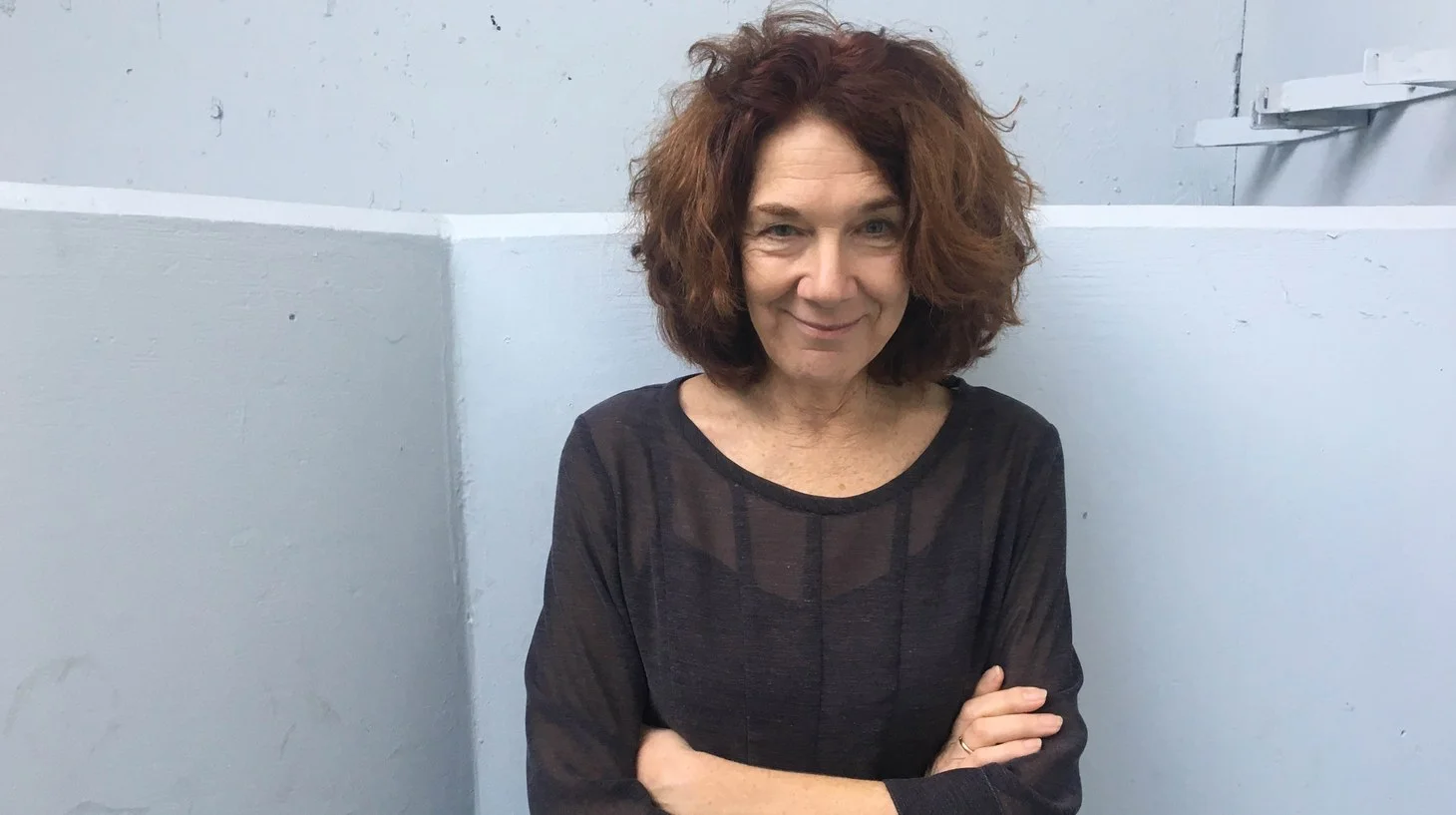















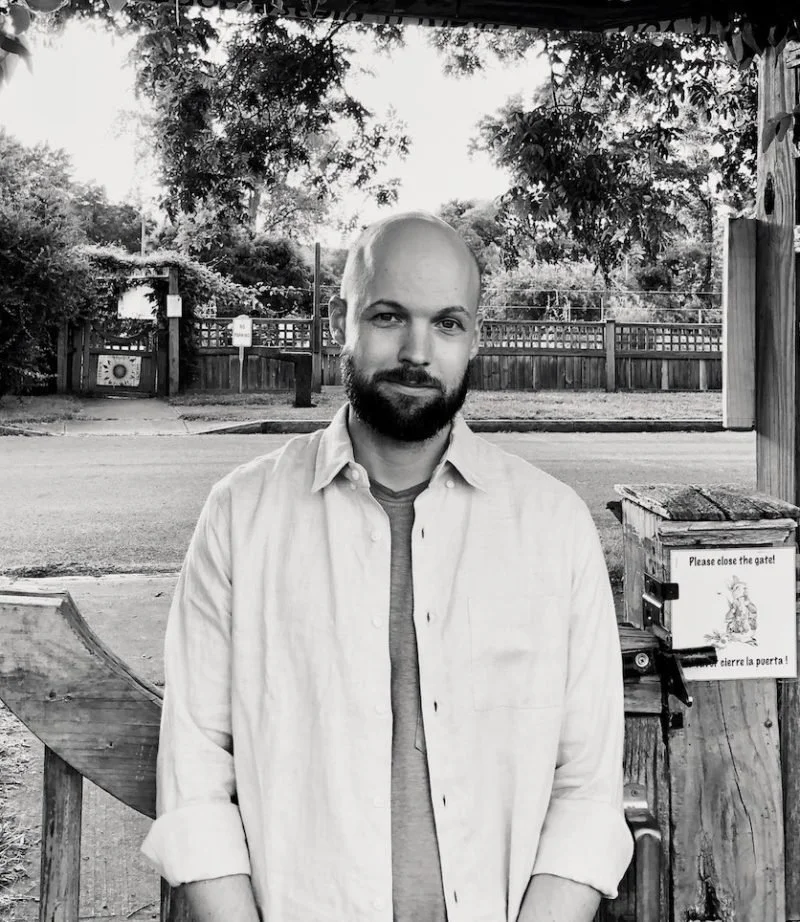

![[TITLE] written while listening to Zushi by Dean Blunt](https://images.squarespace-cdn.com/content/v1/580fa9f7e58c62cb7501937b/1665847727162-7ZB4MQGXPPQSXY3GSJX1/zushi.jpeg)






